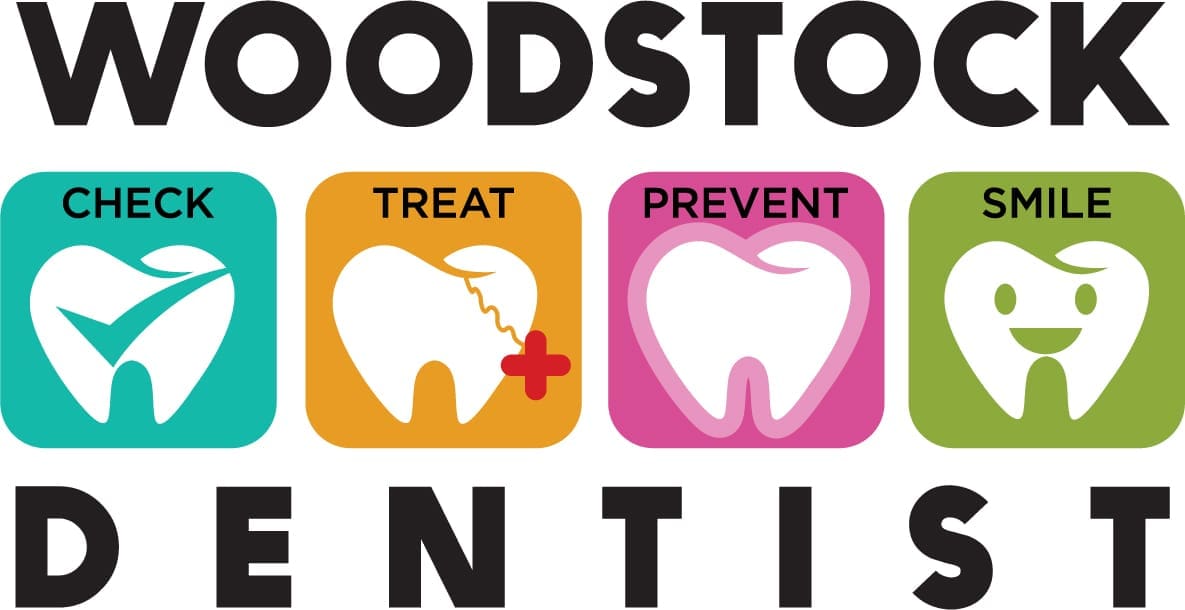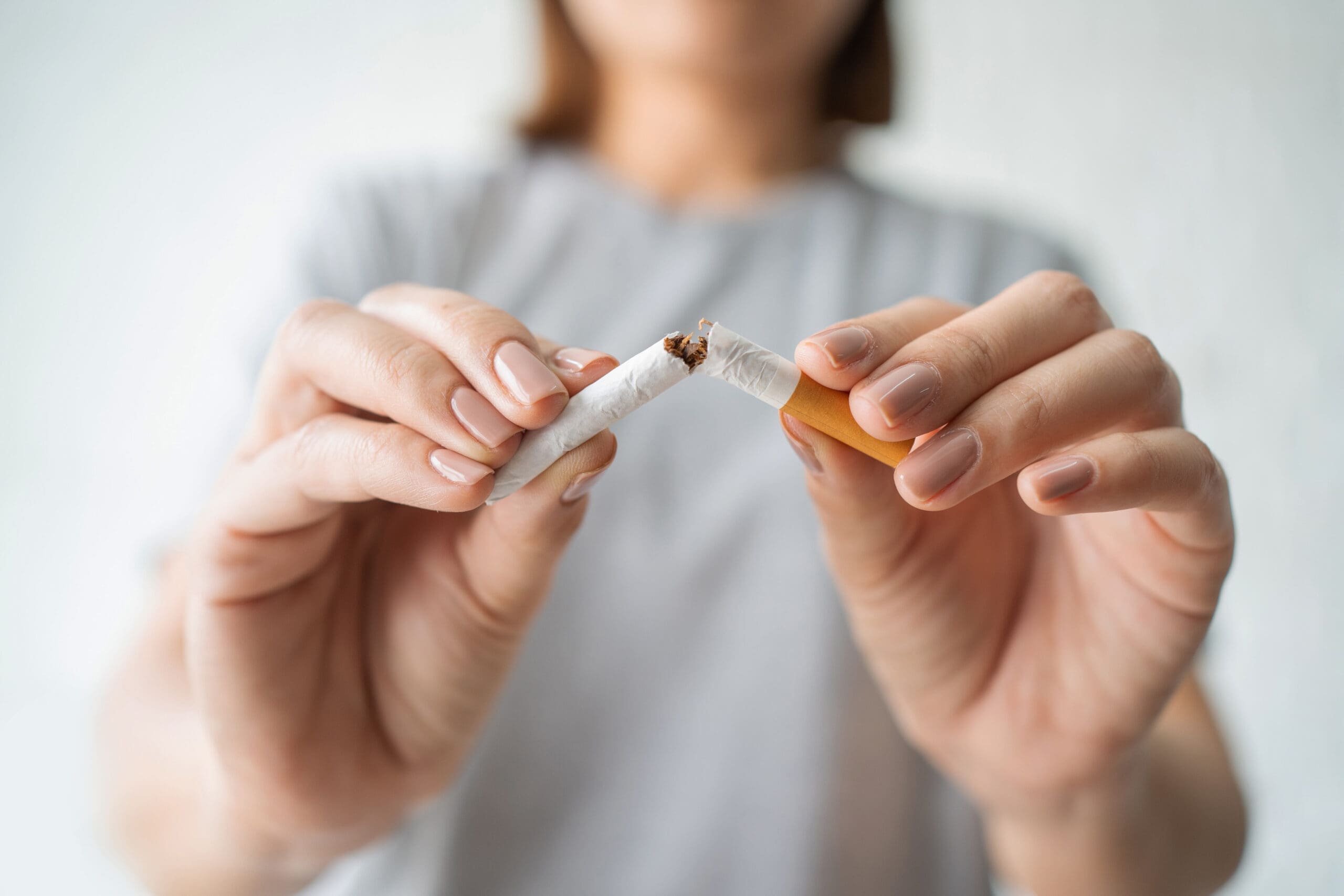Have you ever wondered about the implications of smoking after tooth extraction? Smoking after tooth extraction can significantly impact the healing process, potentially leading to complications. Understanding the effects and risks involved is crucial for anyone who has recently undergone this dental procedure.I’m sorry, it seems like your message was cut off. Could you please provide the complete set of rules or any additional instructions you would like me to follow?
Risks of Smoking Post-Extraction
Smoking after tooth extraction can significantly increase the risk of complications during the healing process. The act of smoking can dislodge the blood clot that forms in the socket, leading to a painful condition known as dry socket. This condition not only delays healing but also increases discomfort and the potential for infection. Additionally, the chemicals in cigarettes can impair blood flow, further hindering the body’s natural ability to heal and increasing the likelihood of prolonged recovery times.
Moreover, smoking after tooth extraction exposes the surgical site to harmful toxins and bacteria, which can exacerbate inflammation and lead to infections. The heat from the smoke can also irritate the sensitive tissues in the mouth, causing additional pain and swelling. For those seeking more information on maintaining oral health after such procedures, consider visiting our page on Expert Tooth Extractions In Woodstock.
Impact on Blood Clot Formation
Smoking after tooth extraction can significantly impact the formation of blood clots, which are crucial for the healing process. When a tooth is extracted, the body naturally forms a blood clot at the site to protect the bone and nerve endings, and to promote healing. However, smoking can interfere with this process by reducing blood flow and introducing harmful chemicals that may dissolve or dislodge the clot.
This disruption can lead to complications such as dry socket, a painful condition where the clot fails to form properly or is lost prematurely. Understanding the relationship between smoking after tooth extraction and blood clot formation is essential for recognizing potential risks associated with post-extraction recovery.
Dry Socket Concerns
One of the primary concerns when it comes to smoking after tooth extraction is the risk of developing a condition known as dry socket. This painful complication occurs when the blood clot that forms in the socket where the tooth was removed becomes dislodged or dissolves prematurely, exposing the underlying bone and nerves.
Smoking can significantly increase the likelihood of dry sockets due to the suction and chemicals involved, which can interfere with the healing process. Understanding the risks associated with smoking after tooth extraction is crucial for anyone undergoing this dental procedure. For more information on dental care, you can visit a Woodstock Dentist.
Delayed Healing Factors
When it comes to smoking after tooth extraction, one of the primary concerns is the potential for delayed healing. Smoking can significantly impact the body’s natural healing process due to the chemicals present in tobacco, which can reduce blood flow and oxygen supply to the extraction site. This reduction can lead to complications such as a dry socket, where the blood clot that forms in the socket becomes dislodged or dissolves, exposing underlying nerves and bone. Additionally, smoking can introduce harmful bacteria into the mouth, increasing the risk of infection and further slowing down recovery. Understanding these delayed healing factors is crucial for anyone who has recently undergone a tooth extraction and is considering smoking.
Oral Health Complications
Smoking after tooth extraction can lead to several oral health complications that may hinder the healing process. One of the most common issues is the development of a dry socket, a painful condition where the blood clot at the extraction site is dislodged or dissolves prematurely. This can expose underlying nerves and bone, leading to increased discomfort and a longer recovery period.
Additionally, smoking can introduce harmful chemicals into the mouth, which may increase the risk of infection and delay tissue regeneration. The act of smoking itself can also reduce blood flow to the gums, further complicating the healing process and potentially leading to other oral health issues. Understanding these risks is crucial for anyone considering smoking after tooth extraction.
Dentist’s General Advice
When it comes to smoking after tooth extraction, dentists generally advise caution due to the potential complications that can arise. Smoking can interfere with the healing process, increasing the risk of issues such as dry socket, which can be painful and delay recovery. The act of smoking involves suction and heat, both of which can disrupt the formation of a healthy blood clot at the extraction site.
This disruption can lead to increased discomfort and a longer healing period. While each individual’s situation may vary, understanding the general concerns associated with smoking after tooth extraction is important for anyone undergoing this common dental procedure.
Common Symptoms to Monitor
After undergoing a tooth extraction, especially if you are considering smoking after tooth extraction, it’s crucial to be aware of common symptoms that may arise during the healing process. These symptoms can include swelling, bleeding, and discomfort around the extraction site. While some level of pain and swelling is typical, it’s important to monitor these symptoms closely.
Persistent or worsening symptoms could indicate complications such as dry socket or infection, which may be exacerbated by smoking after tooth extraction. Keeping an eye on these signs can help ensure that your recovery progresses smoothly.
General Recovery Timeline
Understanding the general recovery timeline is crucial for anyone who has undergone a tooth extraction, especially if you’re considering smoking after tooth extraction. Typically, the initial healing phase lasts about one to two weeks, during which the blood clot forms and the gum tissue begins to heal.
However, complete recovery of the extraction site can take several weeks to a few months, depending on individual health factors and the complexity of the extraction. It’s important to be aware that smoking after tooth extraction can potentially interfere with this healing process, as it may affect blood flow and introduce harmful substances to the area.
Conclusion
Understanding the implications of smoking after tooth extraction is crucial for your recovery. For more information, feel free to call 678-483-5999 or check out our Google Maps reviews.






